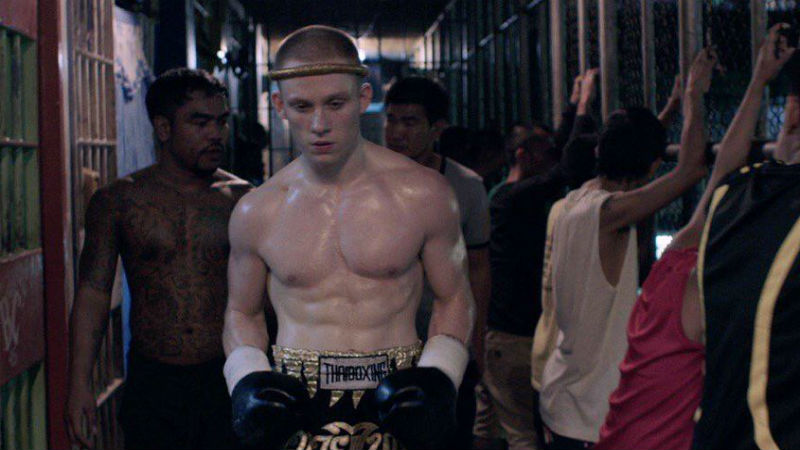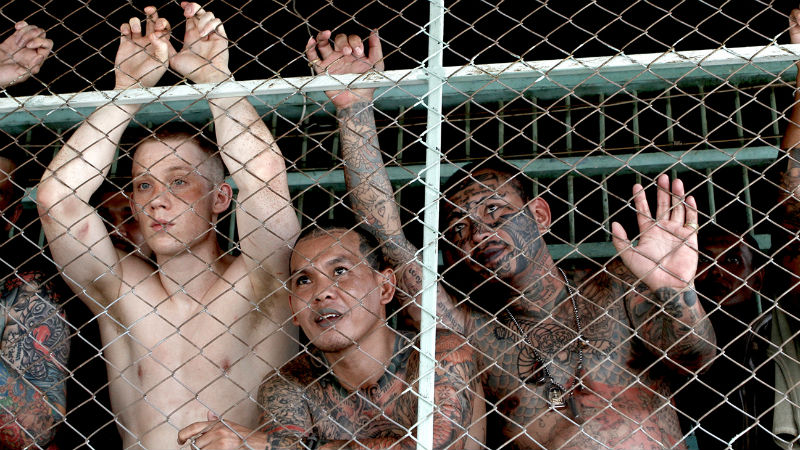QUICK AND DIRTY: LIVE FROM CANNES
Veteran paramedic Rutkovsky (Sean Penn) and rookie Ollie Cross (Tye Sheridan) have been working together for a few weeks on the streets of New York providing emergency care to the local rogues. The former has been doing the job his entire life, while the latter is a medical student on a temporary placement. They bond in their complicity. This is the job from hell that you wouldn’t wish upon your worst enemy. One that makes you question the very purpose of life.
It is the aesthetics of hell that prevail throughout the movie. Both the photography and the sound engineering are deeply jarring. Deafening sirens wail without respite. Flies buzz. Bright red lights flash to headache and vomit-inducing results. Patients scream. Blood runs down gaping wounds. People die at resus. People die inside the ambulance. Animals are tortured, killed and even skinned. Think Gaspar Noe minus the sex and you are halfway there. The stuff of nightmares.
Rutkovsky’s and Ollie’s ruthless boss (played by Mike Tyson) often questions their abilities, in a testosterone-fuelled environment with little time for kindness and compassion. There is no sign of a female paramedic and tenderness anywhere. Rutkovsky seems to have little interest in women, his only connection to the other sex being through his ex-wife. who raises their child. “At least he loves his son”, she declares the little appreciation for her former partner. Ollie has a girlfriend but their sexual interaction is barely exciting. The action looks functional and dispassionate. Women have very little significance in this macho film, one unlikely to pass the Bechdel Test.
Black Flies is no celebration for masculinity, however it is no denunciation of its toxicity either. Perhaps it’s intended as some sort of social commentary on the predicament of lower class Americans, but because it provides no contextualisation whatsoever (For example: are these people relegated to such service because they have no health insurance?), it fails miserably at such attempt. It’s a movie that falls into the trappings it set out to criticise. What’s intended as a criticism of the God-like complex (that some paramedics allegedly possess?), instead slips into some tawdry white saviour drama. Rutkovsky and Ollie are intended to represent the epitome of selflessness and compassion. Ollie is Rutkovsky’s mini-me: equally white, handsome, muscular, well-meaning, just much younger. That’s problematic when literally every single one of their patients is a dysfunctional, rude or drug-addicted person-of-colour or a foreigner. Why not throw in a little bit of racism? The wife-beater is Russian, of course (Penn’s most recent doc also instilled with anti-Russian sentiment). Which brings us to the question: do upper- and middle-class white American not use the ambulance service at all? And are all non-whites living in New York deeply troubled, foul-mouthed skunks?
The other problem with Jean-Stéphane Sauvaire’s latest film is the excessive and redundant violence. The film opens up with a patient with wounds so profound that his blood overflows on the ground and his viscera become exposed. This carnage is continuous throughout the entire film. Adults die in agony, a baby is born into a pool of his mother’s blood (presumably dead), animals suffer. However graphic, such savagery isn’t necessarily realistic. I wonder what a real New York paramedic would make of this film. Plus, this brutality (which also extends to the demeanour of the invariably dysfunctional patients) seems to fulfil no purpose except to provide voyeuristic, sadistic audiences with pleasure and entertainment (a lot more than your average violence-obsessed Hollywood flick even).
Jean-Stéphane Sauvaire is used to unrelenting ultraviolence, and Cannes seems to like that. Six years ago he premiered the equally graphic and gruesome A Prayer Before Dawn at the Festival.
Black Flies has just premiered in the Official Competition of the 76th Cannes Film Festival.










